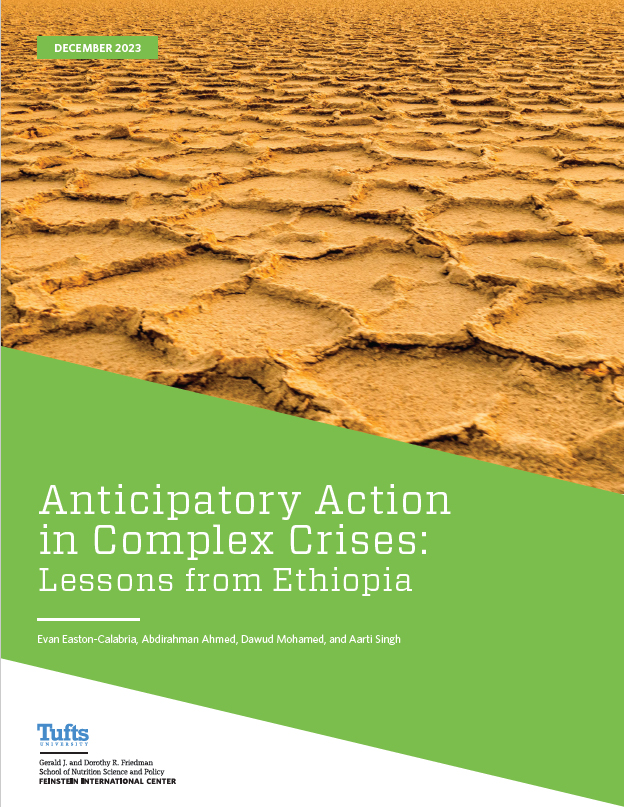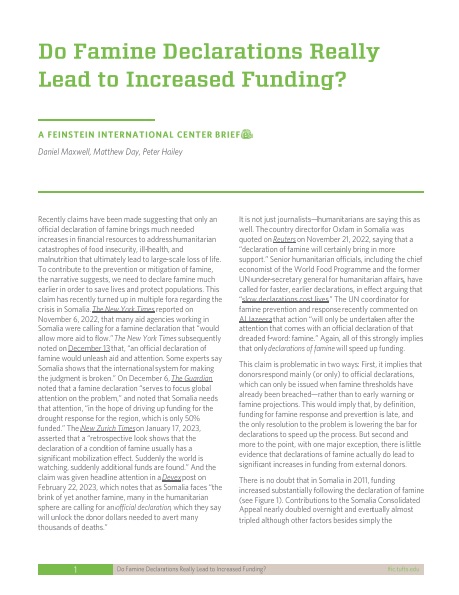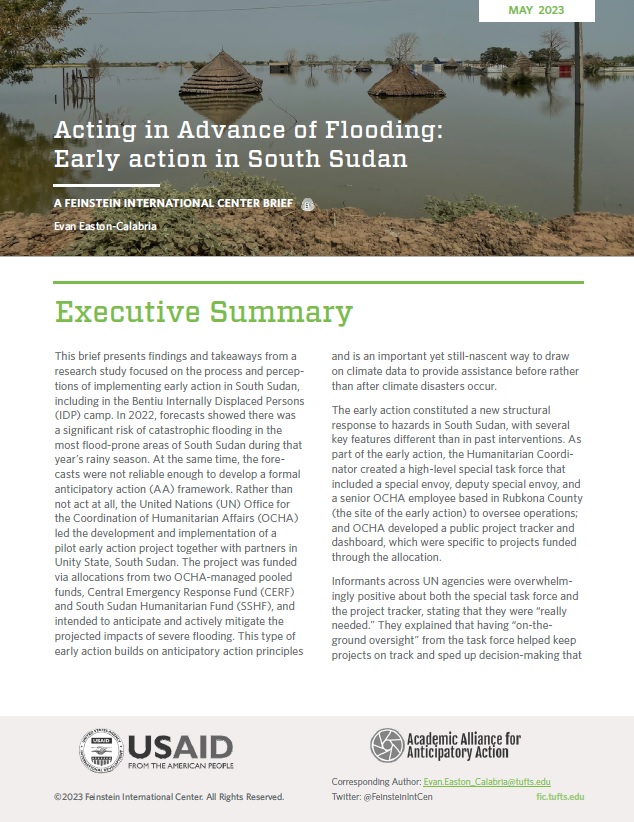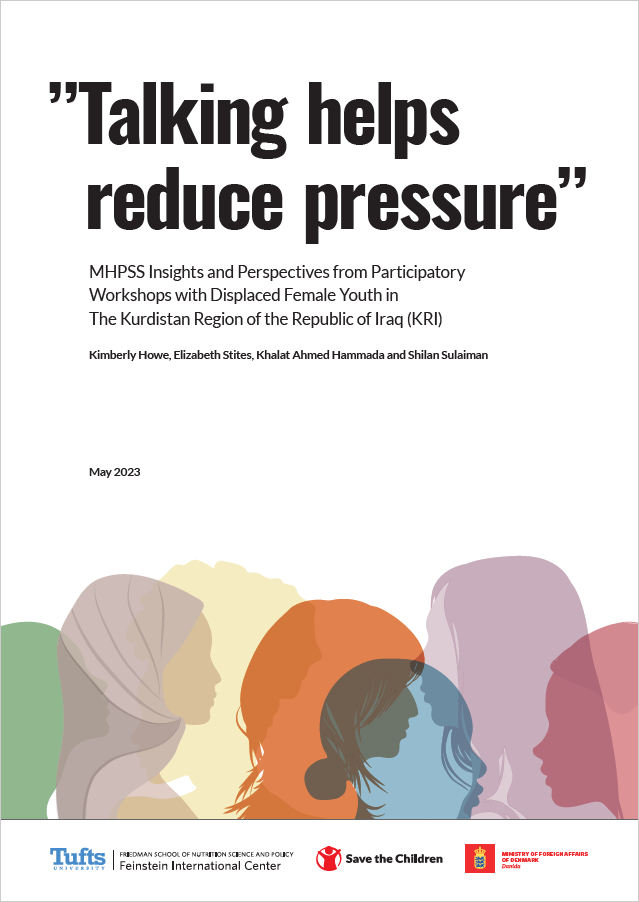Attention to the growing number of people caught in crises characterized by extreme and often protracted levels of food insecurity, malnutrition, and mortality is increasing. The information systems that track these conditions and inform humanitarian decision-making have expanded substantially in the past two decades and in many cases have reached a degree of unprecedented sophistication. These famine early warning systems have become increasingly sophisticated in the past decade, but they still tend to be based on several assumptions that are important to understand. This paper briefly describes existing famine early warning systems and outlines some of the assumptions on which they are based— both in theory and in practice. Then it gives four brief case studies of recent famine or “famine-like” events and pieces together the formal analysis process with an attempt to reconstruct events on the ground from a conflict analysis perspective—highlighting the extent to which the formal famine analysis did or did not deal with conflict analyses and the political kryptonite around the discussion of “intent.” It closes with a summary of gaps in the current system and an assessment of the risks of trying to address those gaps through famine EWS or alternative means.
Famine Early Warning and Information Systems in Conflict Settings: Challenges for Humanitarian Metrics and Response
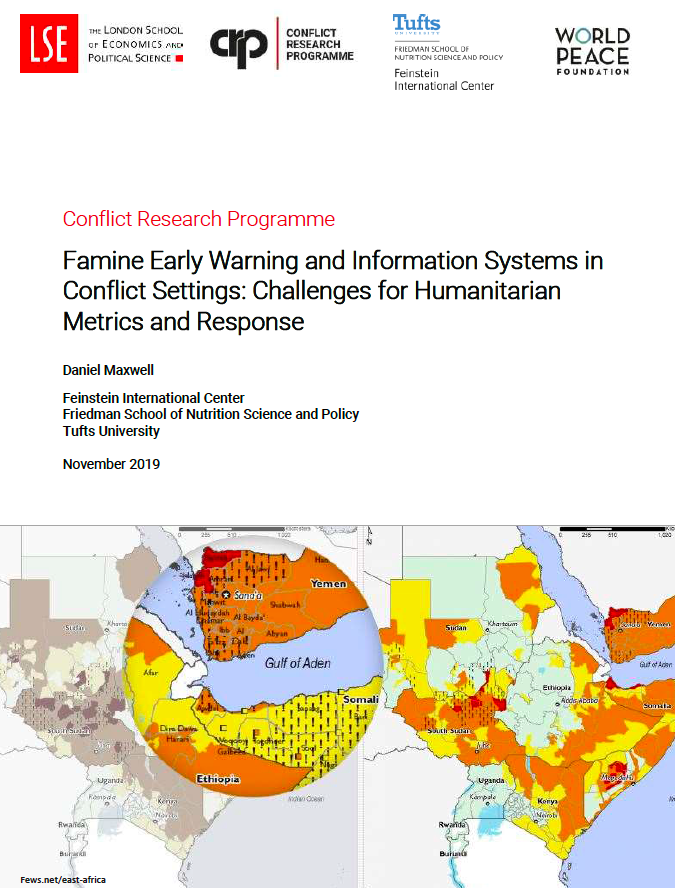
ASSOCIATED PROJECT
SUBJECTS
PUBLICATION TYPE
LOCATION

RELATED PUBLICATIONS
This briefing describes the key elements and issues associated with conflict in pastoralist areas across sub-Saharan Africa.
•
Ce document d’information décrit les éléments clés et les enjeux associés aux conflits dans les zones pastorales d’Afrique subsaharienne.
•
This study examines how anticipatory action was perceived and experienced among Ethiopians living with drought alongside other crises.
•
This policy brief examines the relationship between famine declarations and funding since 2011. It shows that, with that one exception, there is little evidence that famine declarations actually result in a rapid increase in funding.
•
In 2022 UN OCHA led a pilot anticipatory action intervention in South Sudan. This brief presents UN actors’ perceptions of this intervention.
•



